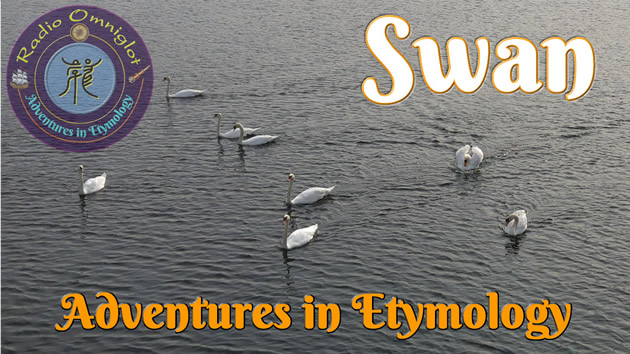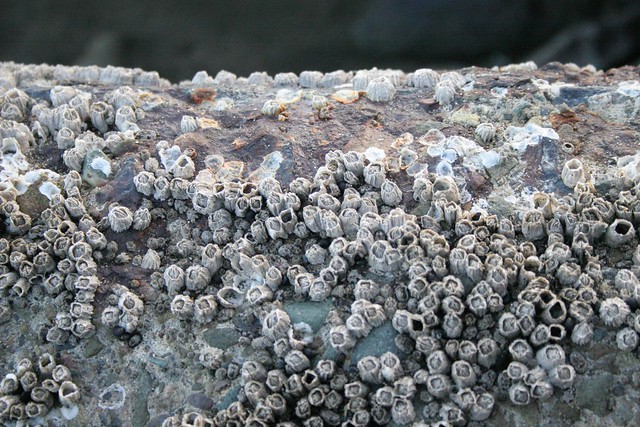Podcast: Play in new window | Download
In this Adventure in Etymology, we’re looking into the origins of the word origin, and randomly looking at the word random.

A random and original rowing boat
Origin [ˈɒɹ.ɪ.dʒɪn/ˈɔɹ.ɪ.dʒɪn] is:
- The beginning of something
- The source of a river, information, goods, etc
It comes from Middle English origyne [ɔˈridʒin(ə)] (origin, lineage, provenance), from Old French or(ig)ine [ɔˈɾinə] (origin, lineage, heritage, breeding), from Latin orīginem from orīgō [ɔˈriːɡoː] (beginning, origin, source, birth), from orior (to rise, get up, appear, be born), from Proto-Italic *orjōr (to rise, get up), from Proto-Indo-European *h₃er- (to move, rise, spring) [source].
Words from the same roots include earn earnest, orient, random, run and yearn in English, rennen [rɛ.nə(n)] (to run) in Dutch, rinnen [ˈʁɪnən] (to flow, leak, run, trickle) in German, and ruch [rux] (movement, traffic) in Czech [source].
The name Ernest also comes from the same roots. It became popular in English in the 18th century, and is a version of the German name Ernst, which comes from Old High German ernust (serious), from Proto-Germanic *ernustuz (seriousness, earnest, strength, solidity, struggle, fight) [source].
Incidentally, the English word random (as a noun) originally meant speed or force, then came to refer to a range of a bullet or other projectile; a roving motion; a course without definite direction; a lack of rule or method, and chance [source].
As an adjective, it can mean occurring for no particular reason; haphazard; unpredictable; involving an outcome which is impossible to prediect; arbitary; unspecified; diverse or unexpected. In slang, it can refer to anything that is out of the ordinary, odd, strange or bizarre; a person who acts or says random things, or an undefined, unknown or unimportant person.
I hope this podcast hasn’t been too random, and I randomly decided to add a theme tune this time – it’s an original one I wrote a while ago called The Unexpected Badger / Y Mochyn Daear Annisgwyl. You can hear the whole thing here:
Are there random words with similar random meanings in other languages?
You can also listen to this podcast on: Apple Podcasts, Amazon Music, TuneIn, Podchaser, Podbay or Podtail and other pod places.
If you would like to support this podcast, you can make a donation via PayPal or Patreon, or contribute to Omniglot in other ways.
Radio Omniglot podcasts are brought to you in association with Blubrry Podcast Hosting, a great place to host your podcasts. Get your first month free with the promo code omniglot.
I also write about words, etymology and other language-related topics on the Omniglot Blog, and I explore etymological connections between Celtic languages on the Celtiadur blog.












